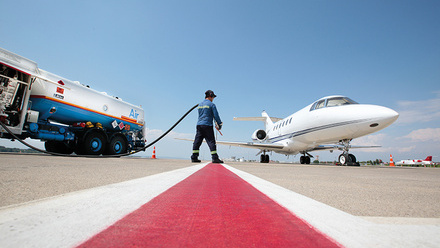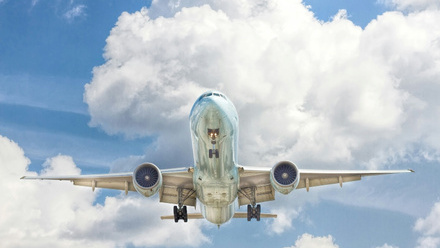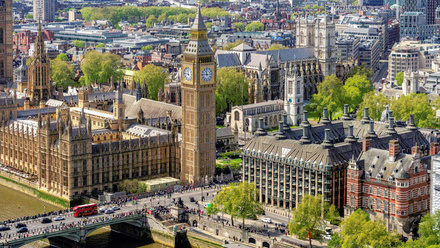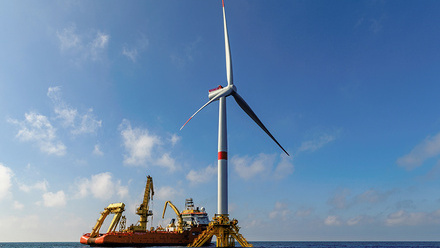Contrail mitigation flies up the aviation sector's agenda
An AIRBUS-led project will assess contrail formation, and the impact of fuel composition on particle emissions.

The results will support future fuel specifications and policy recommendations to minimise the environmental footprint of aviation.
Airbus, within a consortium of 10 partners from four European countries, has launched PACIFIC (Particle emissions, Air Quality and Climate Impact related to Fuel Composition and Engine Cycle) to study the aviation sector's non-CO2 emissions with a focus on contrails.
Recent studies suggest that the use of sustainable aviation fuels (SAF) could reduce both soot particles and contrail ice crystals. However, additional information on fuel composition and its processing in the engine is necessary to better understand the effects and benefits of SAFs.
The project will test a range of fuels under controlled conditions, with consistency in combustion parameters and hardware. Lab-scale experiments at the German Aerospace Center will extend to full-aircraft engine tests at Airbus Toulouse in France.
The research will focus on understanding how soot forms during fuel combustion, using improved prediction tools to better anticipate its presence in engine emissions.
It will also analyse the quantity of fine particles released at different engine power levels, refining methods to estimate their impact from ground tests to real flight conditions.
Another key aspect is assessing how these particles contribute to ice crystal formation, a major factor in contrail development, using advanced measurement techniques.
Finally, the project will evaluate the broader climate effects of these emissions by examining how different fuel compositions and engine settings influence contrail formation and properties, and their impact on global warming.
In related news, Airbus is seeking to scale up SAF adoption with a new 'Book and Claim' approach. This allows a buyer to 'book' a certain amount of SAF and 'claim' the corresponding emission reduction, even if the fuel is used elsewhere.
Through a pilot programme running throughout 2025, Airbus will leverage this system to improve SAF accessibility for potential customers, particularly those with limited volumes and far from supply points.










